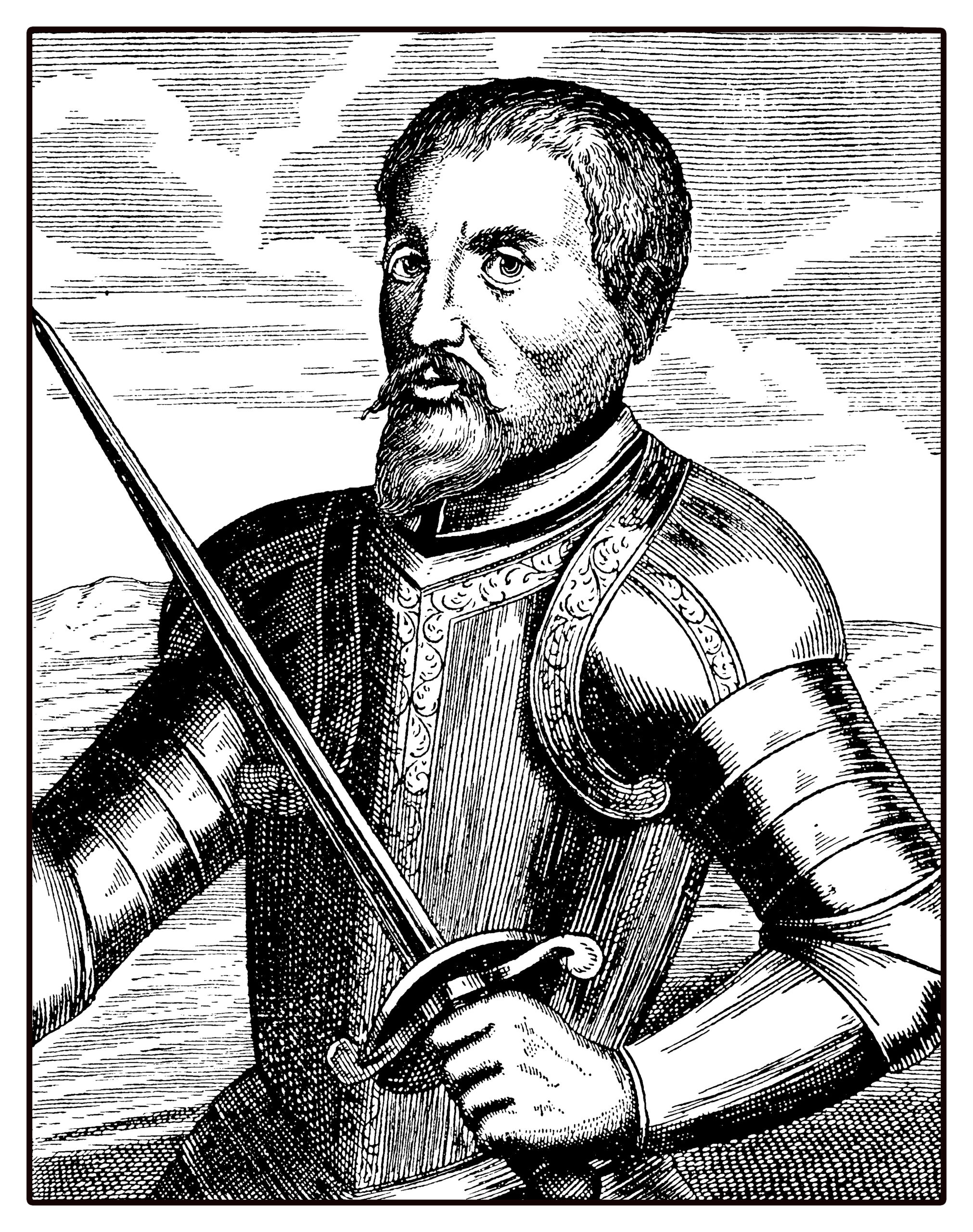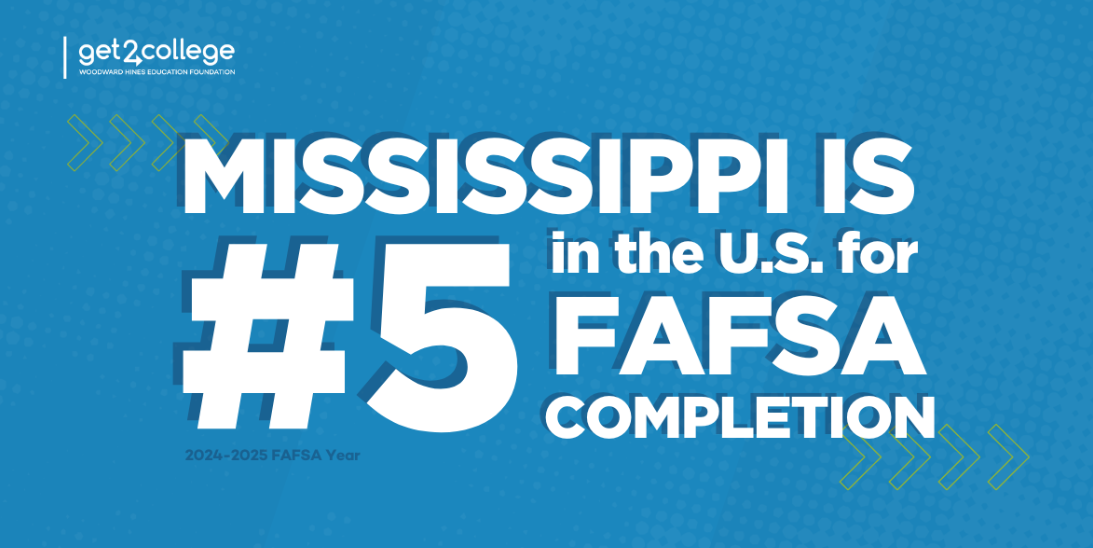In 1537, the land now known as Mississippi was a lush, verdant expanse, inhabited by a rich tapestry of indigenous cultures. This region was home to a diverse array of Native American tribes, each with its own distinct social structures and traditions. Along the Gulf Coast, the Acolapissa, Biloxi, and Pascagoula tribes thrived, engaging in complex trade networks and maintaining harmonious relations with their environment. Further inland, the Bayougoula, Houma, and Natchez tribes occupied the lower Mississippi area, their societies deeply connected to the fertile lands and abundant waterways. In the Mississippi Delta, the Chakchiuma, Ibitoupa, Koroa, Ofogoula, Taposa, Tiou, Tunica, and Yazoo tribes navigated the rich floodplains of the Yazoo River, each contributing to a vibrant cultural mosaic through their unique practices and communal interactions.
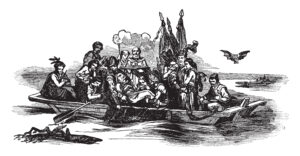
Unbeknownst to these tribes, their world was on the cusp of monumental change. Thousands of nautical miles away, in the court of Spain, a petition was being prepared that would soon alter the course of their history. On August 29, 1537, on a piece of parchment paper, a petition, a formal request, was presented to Pope Charles V, the Holy Roman Emperor and King of Spain, seeking permission to undertake an ambitious expedition to the New World.
In his petition, the author outlined his intention to explore and conquer new territories in the Americas, inspired by the wealth and success of his previous conquests in Peru. The ambitious author wrote “I have resolved to undertake this expedition to the territories of the North, hoping to find lands as rich and fruitful as those of Peru” (Petition to Charles V (1537)).
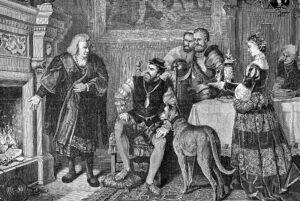
The Conquest of Peru enabled Spain to enforce substantial manual labor taxes and impose levies on agriculture, precious metals, and other valuable resources, thereby generating significant revenue. Inspired by this success, the adventurer sought to replicate the conquest’s achievements, aiming to secure new wealth for Spain and enhance his fame. He promised that his expedition would bring great honor and riches to the Spanish Crown, a notion that would soon spark a dramatic series of events unfolding in the Mississippi region.
This petition was written and presented by none other than explorer Hernando de Soto. Fueled by the desire for discovery and wealth, the petition would set into motion a chain of exploration and conflict that would significantly impact the indigenous tribes of Mississippi. As de Soto’s expedition embarked on its journey, the arrival of these European explorers would mark the beginning of a transformative and tumultuous chapter in the region’s history, reshaping its cultural and political landscape in ways that would reverberate for generations to come.
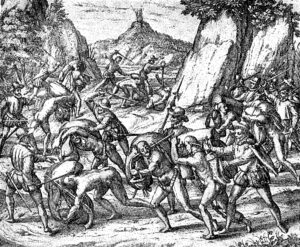
In the upcoming installment of Echoes of the Mississippi, we will delve into the subsequent impacts of Spanish and French influences, examine the devastating effects of diseases introduced by Europeans, and trace the changes experienced by the original Mississippians. Join us as we unravel the complex legacy of this pivotal era and its enduring repercussions on the region’s indigenous peoples.


